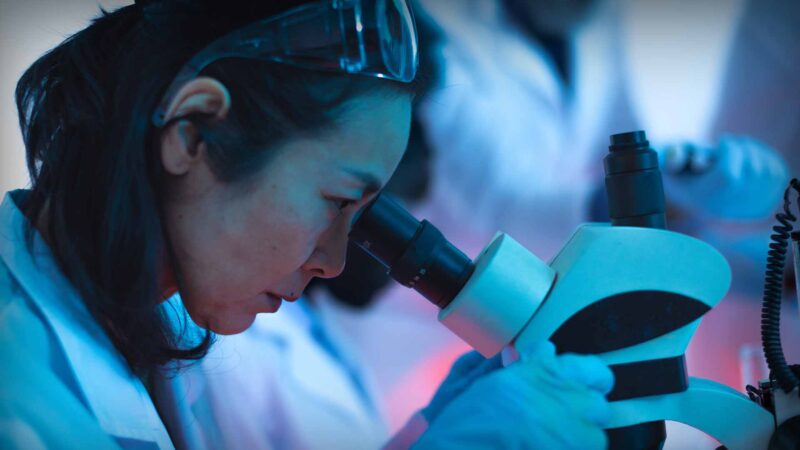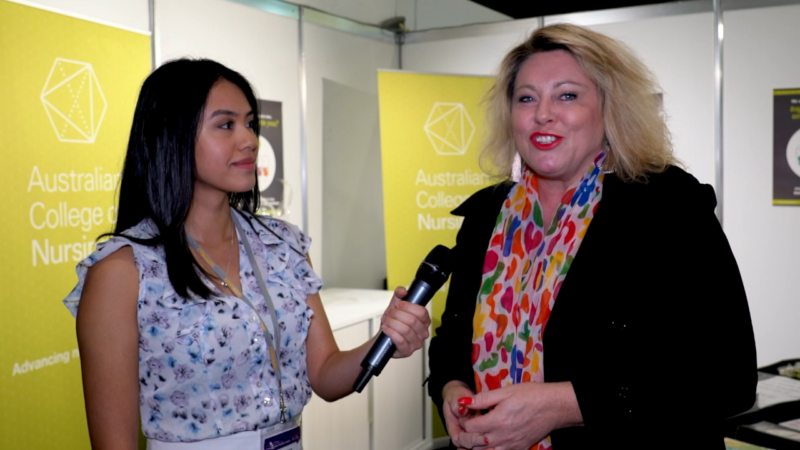A world-first clinical trial conducted at the Royal Adelaide Hospital (RAH) and at hospitals across Australia and New Zealand has identified the best fluid treatment to reduce the risk of patients requiring dialysis after a kidney transplant.
Around one in three people who receive a kidney transplant suffer delayed graft function, which means the transplant doesn’t work immediately and they require dialysis.
To reduce the risk of this occurring, patients are given up to eight litres of IV fluid in the first two days after a kidney transplant.
The BEST Fluids trial compared the use of two intravenous (IV) fluids, Plasma-Lyte 148 and saline, finding Plasma-Lyte 148 reduces the need for dialysis by 25 per cent.
Australian Health Journal spoke with the lead-author of the study, RAH Nephrologist and University of Adelaide researcher, Dr Michael Collins.
Dr Collins provided background by stating, “While both types of fluids have been used during kidney transplantation in recent years, until now there had been little robust evidence to demonstrate which one was the most effective and safest to use.”
During the four-year study, these fluids were trialled in 808 patients with kidney failure, who received a kidney transplant from a deceased organ donor at the RAH and 15 other hospitals in Australia and New Zealand.
Saline is the most common type of IV fluid and contains salt (sodium chloride) and water and has been the standard treatment in kidney transplantation. Plasmalyte 148 is a balanced crystalloid fluid containing a mixture of salts, which more closely resembles what is in human blood.
Researchers at the University of Adelaide and University of Sydney, working with the Australasian Kidney Trials Network team and the ANZDATA Registry at the South Australian Health and Medical Research Institute (SAHMRI), found 30 per cent of participants who received Plasma-Lyte 148 needed dialysis after transplant, compared with 40 per cent of participants who received saline.
Commenting on the findings and potential impact to clinical care, Dr Collins said, “Our finding of a substantial reduction in dialysis with balanced crystalloid compared with saline, without any increase in complications or side effects, provides a strong justification to change clinical practice.”
Using Plasma-Lyte 148 did not result in more complications or side effects compared to saline. At one year after the transplant, both groups had similar levels of kidney function while rates of death, rejection and loss of kidney transplant function were also similar for both groups.
The results of the study are now being used to improve the health of kidney transplant patients in Australia and New Zealand and it is likely that practice will change at transplant units around the world.
Dr Collins added, “Balanced fluids are relatively cheap and widely available, so we hope this practise can now be used for most of the estimated 200,000 kidney transplant operations conducted across the globe each year.”
The BEST Fluids trial was funded by the National Health and Medical Research Council (NHMRC) administered Medical Research Future Fund (MRFF) Australia, the Health Research Council of New Zealand, and the Royal Australasian College of Physicians, with trial fluids supplied by Baxter Australia and New Zealand. The results of the study have been published in The Lancet.
You Might also like
-
FULL FEATURE Consumers and communities as agents of health care change and improvement
Policymakers, health administrators and clinicians must learn and embrace new ways to harness the transformative role consumers, community members and carers can play. Conversely, consumers and communities need support, capability and capacity to engage as equals in policy, research, program and service design. This is necessary if are to be less technocratic and realise the vision where all members of society can live the best life possible.
-
Health Minister appoints Chair to National One Stop Shop Program
The Australian Government has appointed Emeritus Professor Ian Chubb AC, FAA FTSE to lead key reforms as Chair of the Inter-Governmental Policy Reform Group (IGPRG) for health and medical research, including clinical trials.
Minister for Health and Aged Care, The Hon Mark Butler MP on the selection and appointment said, “Professor Chubb has dedicated his career to improving health and medical research and education in this county and I am pleased he has agreed to share his knowledge and experience through the IGPRG.
-
Interview with Kylie Ward, CEO Australian College of Nursing
Kylie Ward, CEO Australian College of Nursing spoke with Anne Dao from Australian Health Journal, at last week’s Australian Healthcare Week Expo on the vital role of the nursing professional.
Australian College of Nursing oversees 390,000 nurses in Australia and is the national leader in the nursing profession.
Changes in nursing policy are needed in areas of aged care, chronic disease and workforce sustainability. There are forecasts of shortages in nursing by the year 2025 of 80,000 and by 2030 the number growing by 125,000.
Kylie also mentioned the new Nursing Trailbrazers Award that has been recognised by Federal Health Minister, Greg Hunt. The 4 finalists have been recognised for influencing models of care, and implementing game changing initiatives across the country. They will be presented at the Nursing Now Australia event held by the ACN on 9th April.
Post Views: 2,658



